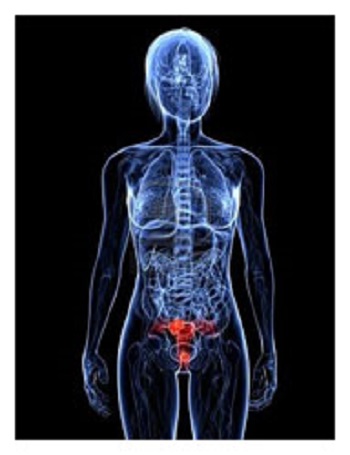Epidemiology
It is the second most common cancer in women under 45 after breast cancer.
Risk factors/ Causes
- HPV : Human wart virus infection Papilloma virus or HPV ) especially types 16 and 18
- Sexual activity: women who start having sexual activity at a young age and with a large number of sexual partners are at increased risk
- Age: the risk increases with age
- Large number of pregnancies – women with many children
- Smoking
Symptoms – Diagnosis
- Asymptomatic in the early stages
- Blood from the vagina after intercourse
- Malodour in vaginal fluids
- Any form of uterine bleeding or postmenopausal bleeding
- In advanced stages blood in the urine
Diagnostic procedure includes:
- PAP test : It should be done by all women after the start of sexual activity because it reduces the chance of getting cervical cancer by 80%. If it is negative it needs to be repeated once a year until the age of 35, between the 10th and 20th day of the menstrual cycle. Then, if Pap tests were always of high quality and with a negative result, it can be tested every two to three years.
- HPV test : if there is an indication from Pap smear or there is a history of warts in the family or partner. In addition it is recommended as an additional examination with the Pap test every 5 years
- Gynecological examination
- Colposcopy
Treatment
If detected early the disease can be cured. The type and intensity of treatment will depend on the stage of the disease and is based on surgery, radiotherapy and chemotherapy.
Prevention
HPV vaccine . It is an important step in the prevention of cervical cancer. It should be given to all women from the age of 9 years. The benefit of vaccinating older women as well as younger men is also being considered.
